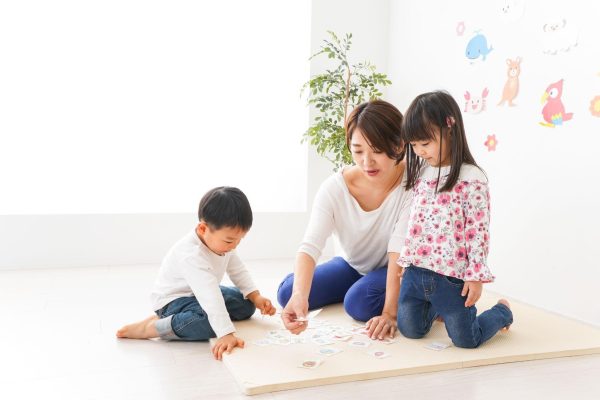
Source: Family Marriage Therapist/Art Therapist, Ko Wing Oi
In reality, many parents feel that their children are shy and want to enhance their self-confidence so that they can have more confidence in talking to others. This actually depends on the child’s personality because sometimes children may be slower to warm up or feel more fearful about speaking to strangers. A child’s shyness may be related to their upbringing and experiences during their growth process.
In today’s busy world, many parents have limited opportunities to take their children out to play and interact with other children due to work commitments. This can gradually result in children only feeling comfortable communicating with older family members or siblings. When they encounter peers of the same age, they may not know how to play together. Additionally, many parents tend to speak on behalf of their children, especially when they are unable to express themselves. Sometimes parents may feel impatient and quickly guess what the child wants, saying things like, “Do you want this? Do you want that?” This often makes the child hesitant to express their true thoughts and feelings.
Parents unintentionally prevent their children from learning how to express themselves or become dependent on their parents to speak for them. However, there are various ways to help children communicate with other children or adults in different environments. For example, through interactive activities or games at home, parents can ask the child questions like, “If we meet other children to play at the playground, what can you do to join them?” Role-playing with family members can also be beneficial in helping children gain confidence in social interactions.

Children primarily learn from their environment, including their parents, siblings, school, friends, and even through sources like online news, television, or cartoons, where they learn behaviors and speech patterns. Therefore, when playing games at home, it’s important to set a good example and show them how to communicate, speak, and express themselves effectively.
Sometimes, it’s necessary to give children time to think about how to express themselves instead of rushing to speak for them or completing their sentences. Even if they make a mistake, it’s important not to say, “That’s not how you do it!” as it can scare the child. It’s better to analyze the situation together and discuss how it could have been done correctly. Parents should try to engage in more analysis with the child, asking questions like, “Why is it not okay to say it that way? Because speaking like that might hurt other children. How would you feel if someone spoke to you in that manner?” Teaching them different communication methods can help them interact with strangers and communicate effectively in different environments.